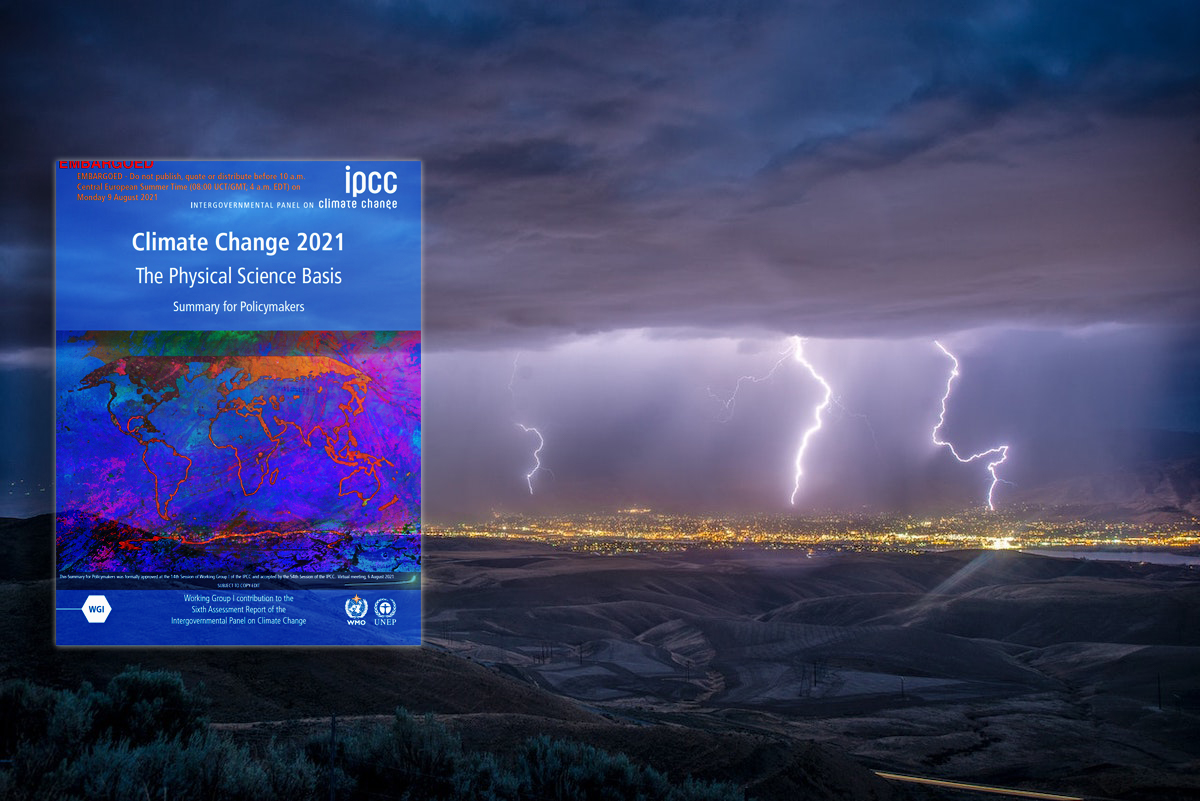-
IPCC AR6 Working Group 1 report: conclusions on the evolving risk of drought

Drought is a major risk to Australia with extended periods of drought affecting our social, economic and environmental systems. The newly released report by the Intergovernmental Panel on Climate Change contains significant new assessments of the science and future projections of drought.
-
The IPCC Sixth Assessment Report: What does it mean for Tasmania?

To better understand the implications of the latest climate science for Tasmania, this brief combines information from the IPCC AR6 WG1 report, with regional assessments that contributed to the UTAS Blueprint for a climate-positive Tasmania, and expertise from the Australian Research Council Centre of Excellence for Climate Extremes (CLEX). The regional information is based on…
-
What is left in the global carbon budget?

The Paris Agreement requires countries to commit to reducing their greenhouse gas emissions to ensure that the global average temperature remains well below 2°C above pre-industrial levels and to pursue efforts to limit the temperature increase to 1.5°C. But how likely are we to meet these targets?
-
Special briefing: Intergovernmental Panel on Climate Change 6th Assessment Report

Australian researchers in the ARC Centre of Excellence for Climate Extremes have made major contributions to the 2021 IPCC Working Group 1 report, through the authorship of the report, review and the many scientific papers cited in the report.
-
Briefing note 15: Can we limit global warming to 1.5C°?

Irrespective of tipping points, climate change adaptation efforts will be less costly and disruptive to society – and will stand a better chance of success – if warming can be limited to 1.5°C rather than 2°C or higher. We therefore in no way advocate for policies that forgo pursuing the ambition to limit global warming…
-
The latest global climate models present challenges for generating climate projections

Climate sensitivity describes how sensitive the Earth’s temperature is to a doubling of the amount of carbon dioxide in the atmosphere. One measure of climate sensitivity for projections of future climate is the Equilibrium Climate Sensitivity (ECS). ECS is the increase in the global average temperature between the pre-industrial era and a future doubled carbon…
-
How sensitive is the Earth’s temperature to the amount of carbon dioxide in the atmosphere?

A landmark new international review of climate sensitivity led by ARC Centre of Excellence for Climate Extremes researcher Prof Steven Sherwood has reduced the uncertainty in Equilibrium Climate Sensitivity. Estimates of likely values now vary by less than a factor of two. The new assessment concludes that the climate is more sensitive to atmospheric carbon…
-
Research on the Antarctic stratospheric polar vortex is important for Australia’s seasonal forecasts

Research has established a link between Antarctic stratospheric winds and an increased risk of weather conducive to bushfires from late spring to early summer. Further research on the relationship between winds and ozone in the Antarctic stratosphere could improve seasonal forecasts for Australia.
-
Research on heatwaves and droughts by the ARC Centre of Excellence for Climate Extremes supports a major international report on Climate Change and Land

This research brief examines how research from the ARC Centre of Excellence for Climate Extremes informed the IPCC Special Report on Climate Change and Land.

